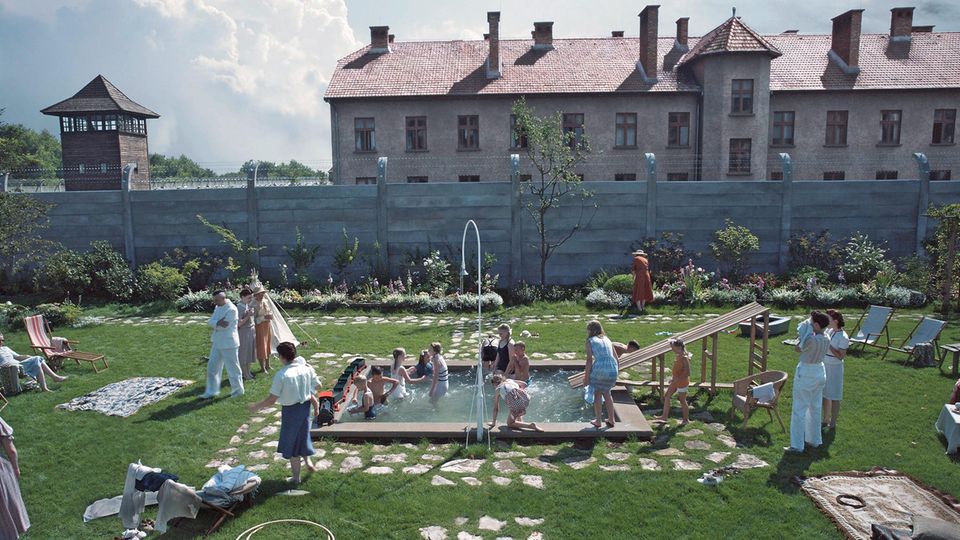Author died 100 years ago
“The Glory of Life” shows Franz Kafka’s sad last love
“The Glory of Life”: Franz Kafka (Sabin Tambrea) and Dora Diamant (Henriette Confurius)
© -/Majestic Filmverleih/dpa
Franz Kafka and Dora Diamant are looking for happiness: an economic crisis, problems with their father and a fatal illness do not initially seem like good conditions for a love story.
But the focus is not on his legendary texts such as “The Metamorphosis” or “The Process”. The film by Georg Maas and Judith Kaufmann is about the last year of the author’s life and the love he meets during this time: Dora Diamant.
The film narrative is based on the best-selling novel of the same name by Michael Kumpfmüller. It begins with a sunny day on the Baltic Sea, where Kafka and Diamant first met in 1923. She, 15 years younger than the then 40-year-old, accompanies a group of Jewish children as a teacher. There he tried to recover from pulmonary tuberculosis, from which he died only ten months later.
Balance between happiness and threat
“An important aspect of the filmic realization for us is to make this fine balance of happiness and threat visible,” says the directing duo. “The film always stays close to the characters and shows their deep connection without historical distance or decorative embellishments.” The love story, which was stormy for the time, is told in the context of the time, which was also influenced by the economic crisis.
The narrative pace is kept rather slow, especially at the beginning, so as not to overwhelm the audience. Nevertheless, it can be difficult, especially for those who know little about Kafka. For them, there is sometimes not enough orientation in the story. For example, when Kafka’s difficult relationship with his father is discussed early on. Only gradually does this become clear through letters and writings that are easily woven into the story.
At the end of the summer, Dora and Franz move into an apartment in Berlin, which is difficult to maintain due to their lack of money. The father’s financial injections only intensify the dependency and severity of the relationship with the family in Prague. At the same time, Franz’s prognosis and health continue to deteriorate, so he has to return to Prague soon. Only when a place in a sanatorium in Austria becomes available are Kafka and Diamant reunited. But the lovers don’t have much time together.
Streaming in March
From “Oppenheimer” to “Damsel”: The best new films and series on Netflix and Co.
A film for fans and connoisseurs of Franz Kafka
The intimate relationship with Kafka’s companion and writer Max Brod (played by Manuel Rubey) is discussed almost as a secondary consideration. It was he who ignored Kafka’s last wish to burn his writings after death and published them instead. Here the film lacks some of the depth that must have defined the relationship between the two.
However, the drama manages to portray Kafka’s peculiar nature, his problems with women and his family in an impressive way. Kafka’s sincerity, charm and bizarre humor are evident, and the attraction between the main characters is believable. Fans of the writer should like the film.
“The Glory of Life” impresses not only with its profound love story, but also with Sabin Tambrea’s portrayal of Kafka. He manages to breathe life into the author’s personality and the conflicts that shaped him. The combination of historical events with personal stories creates an emotional film that immerses the audience in the time and the feelings of the protagonists. Henriette Confurius convinces in her performance of Diamant as a loving and determined woman.


